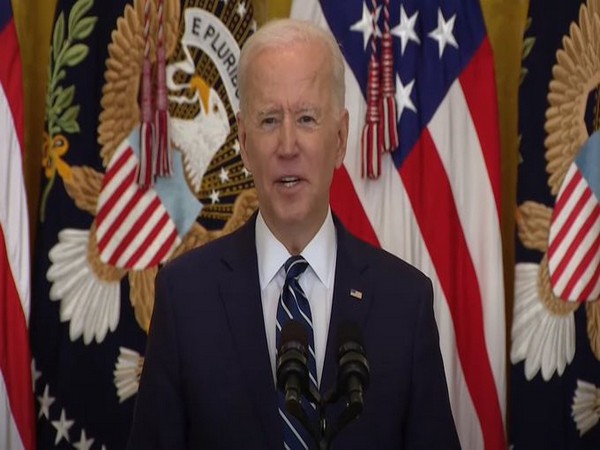U.S. expected to maintain trade barriers under Biden: KITA
Apr 01, 2021
Seoul (South Korea), April 1: The new U.S. administration is expected to largely maintain its protectionist policies against imported goods, including South Korean products, a report said Thursday, despite President Joe Biden's vision on rebuilding multilateralism.
The number of new antidumping investigations rolled out by the U.S. came to 89 in 2020, rising sharply from 55 posted in 2017, according to a report compiled by the Korea International Trade Association (KITA).
The number of new investigations against South Korean products also came to six in 2020, the data showed. The U.S. currently operates 31 antidumping measures against goods from Asia's No. 4 economy.
KITA pointed out that the U.S. has been expanding the application of "adverse facts available (AFA)" or "particular market situation (PMS)" provisions.
The AFA provision allows extremely high antidumping and countervailing tariffs if an accused company does not provide the data demanded by authorities.
The number of antidumping measures imposed by the U.S. based on the AFA provision came to around five annually before 2016, but it shot up to 31 since that year, according to KITA.
The U.S. government can set tariff rates when it believes that it cannot set the level based only on data provided by exporters under the PMS provision. In 2020, Washington carried out investigations on imported products from South Korea, India, Turkey and Germany based on the provision.
"It is highly likely for the Biden administration to actively utilize antidumping policies," Kim Kyoung-hwa, a researcher at KITA, said.
"With the World Trade Organization taking a weaker role in dispute settlements, South Korean firms need to actively use U.S. courts to cope with Washington's investigation," Kim said.
"The South Korean government should utilize various channels to ask the U.S. department of commerce to settle problems," the report added.
Source: Yonhap








